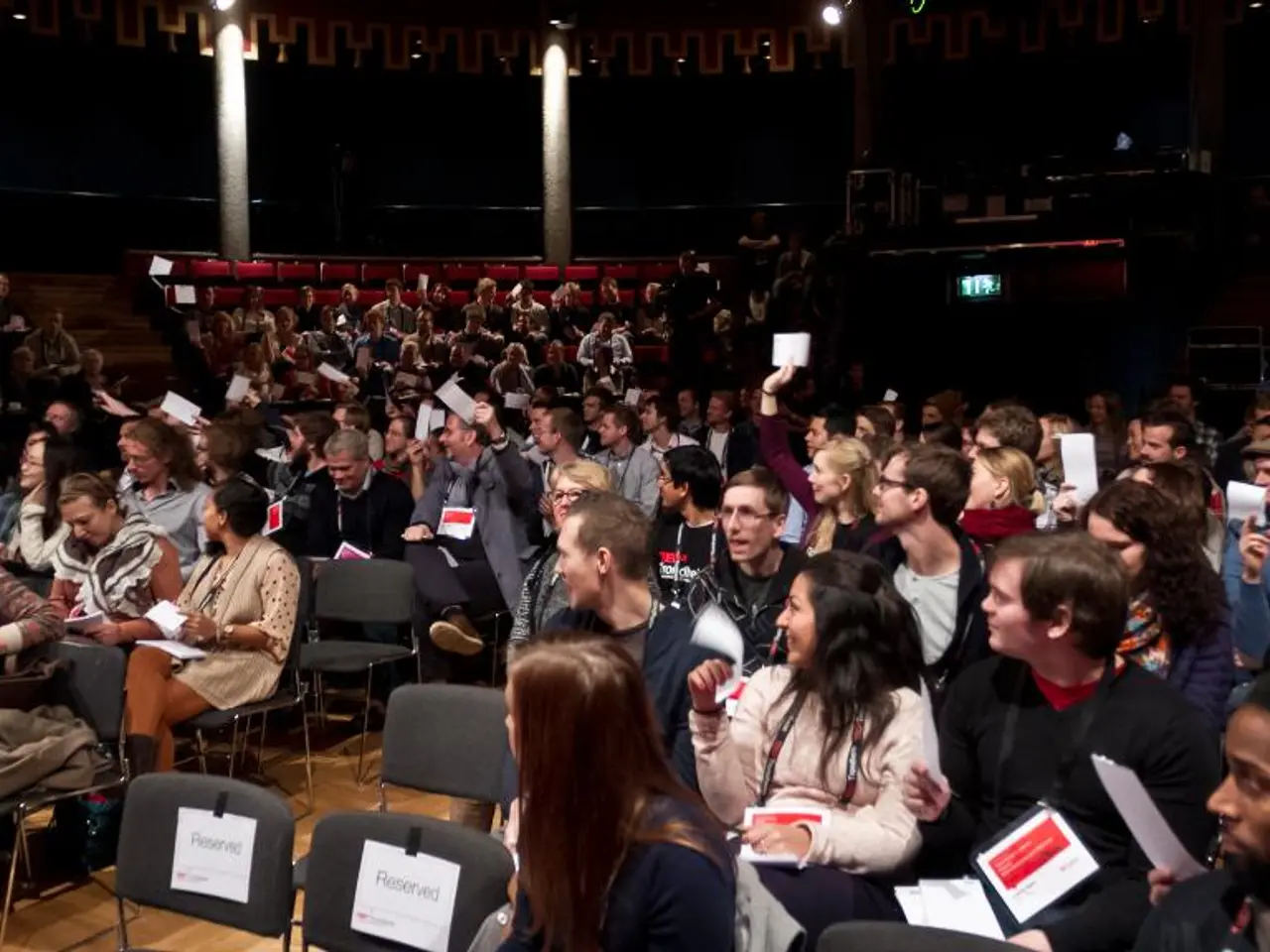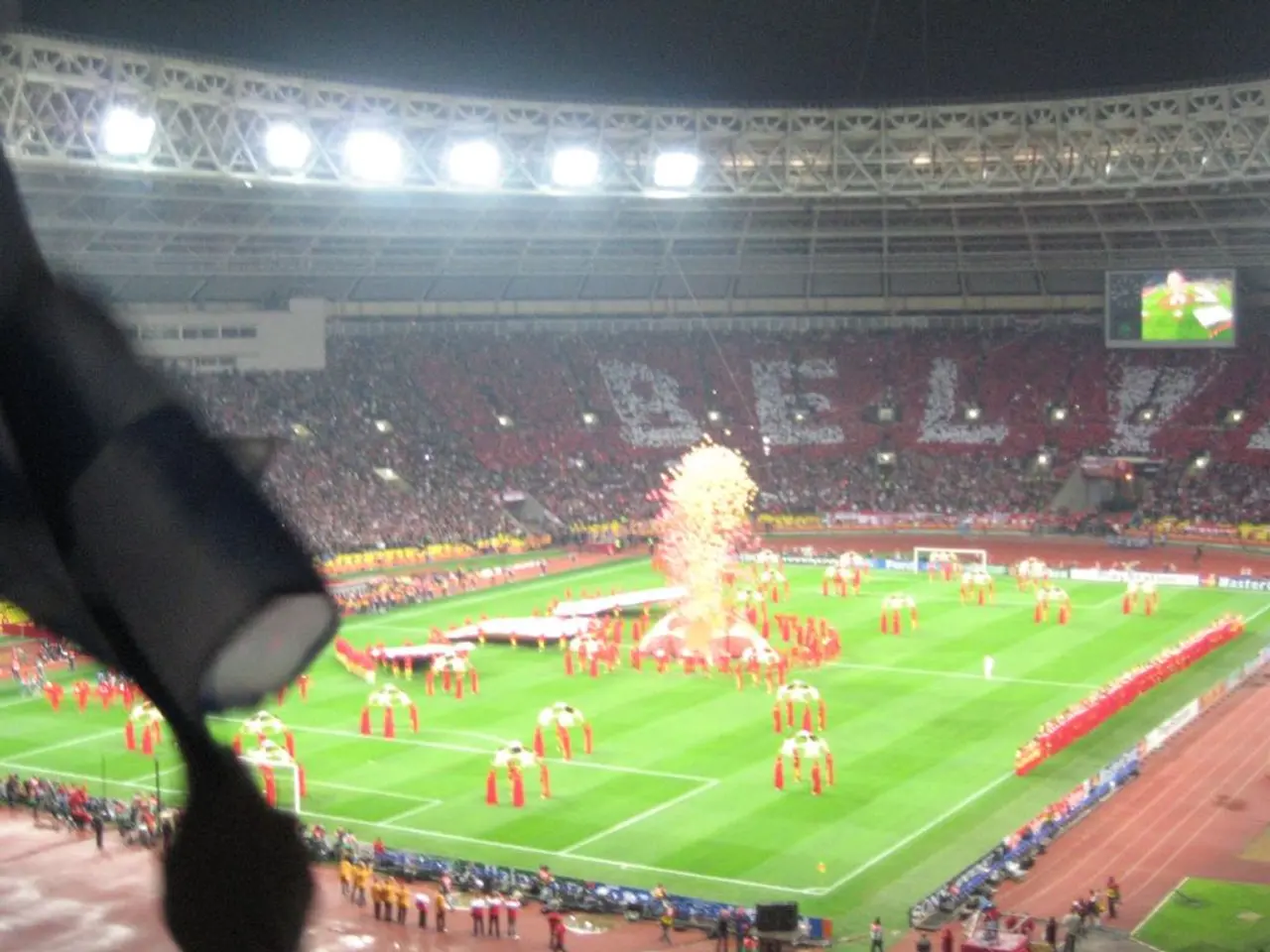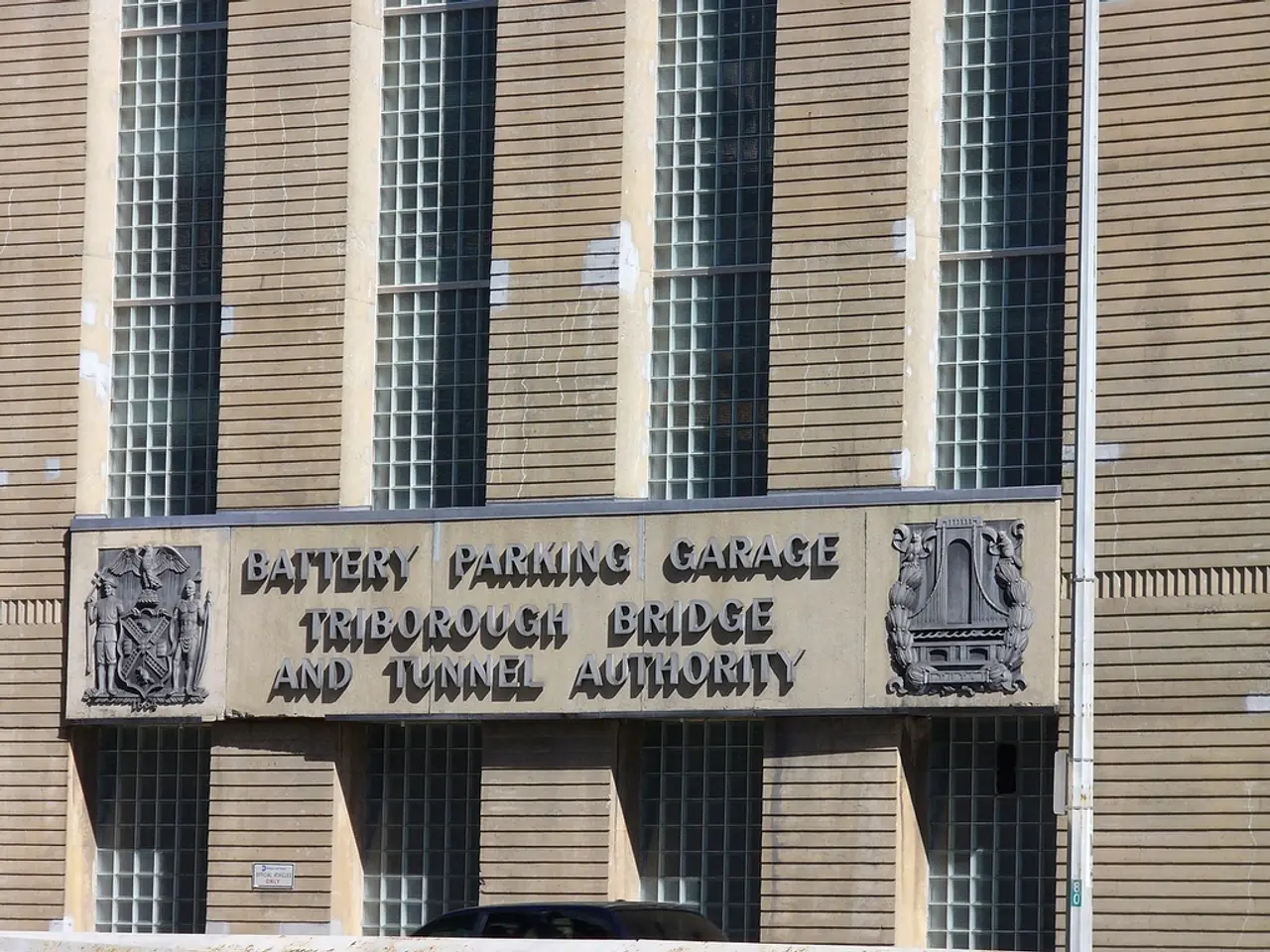Money's Influence in Politics: Analyzing Impact and Proposed Changes
In the current political landscape, the mighty buck holds an enormous sway, shaping policy and election outcomes like never before. It's all about campaign finance, lobbying, and corporate donations – and it's high time we scrutinized the repercussions and potential fixes for these issues.
The Elephant in the Campaign: Finance
Campaign finance entails the funds candidates and parties gather for election campaigns, granting them the ability to reach broader audiences and peddle their agendas. However, this influx of coin has sparked concerns about the potential for corruption and the dominance of the moneyed elite over underrepresented groups.
One of our gripes? Big bucks from super-rich individuals. It bolsters their power, skewing the balance and limiting the voices of those on society's fringes. Critics scrutinize such candidates, claiming they prioritize the interests of wealthy backers over the general public's needs.
Remedies to counteract this imbalance include tighter campaign finance regulations (setting contribution limits, scrutinizing coordination, and clamping down on evasion tactics) and exploring public financing – nurturing a more level playing field.
Lobbying: The Hidden Persuaders
Lobbyists wield power by attempting to sway policymakers on specific issues through various methods—information sharing, research, grassroots campaigns, and good ol' financial incentives. While lobbying is not inherently unethical, it raises eyebrows when it serves as a tool for the wealthy to bend politicians to their will.
These influential individuals enjoy special access to policymakers, often earned through campaign contributions and other perks. This access allows them to shape legislation that benefits their clients at the expense of the broader public.
Redress for this conundrum includes increasing transparency (lobbyists must disclose their activities and clients) and enforcing stricter rules regarding the revolving door (the transition from government to lobbying roles).
Corporate Donations: The Husky Handshake
Corporations footing the political bill has become a significant source of funding. Although corporations have a constitutional right to engage in the political process, worries spring up when their donations affect policies and benefits tilt in their favor at the expense of the public good.
Deals cut in back rooms, dubbed quid pro quo arrangements, are an area of concern. These agreements see corporations exchanging donations for favorable policies or contracts. This undermines the integrity of the political system, fracturing public confidence.
Averting these issues calls for stricter regulations (limiting donation amounts, banning corporate donations outright) and transparency measures (corporations disclosing their political expenditures).
Mending Fences: Proposed Fixes
The following reforms aim to address these concerns and create a fairer, more transparent political landscape:
- Employing stricter campaign finance regulations to limit the influence of the propertied class and special interest groups
- Investigating public financing as an alternative to reduce the reliance on private financing and bolster fairness
- Mandating greater transparency by requiring lobbyists to disclose their activities and clients
- Enacting tougher restrictions on revolving door practices to minimize the sway of lobbyists
- Imposing stricter regulations on corporate donations and enforcing transparency
- Requiring corporations to reveal their political contributions
By implementing these changes, we can reshape the political landscape, making it a place where the public good is prioritized, and the influence of money is minimized.
Closing Thoughts
Money's role in modern politics is undeniable, and its impact extends beyond election outcomes to policy-making. Addressing concerns related to campaign finance, lobbying, and corporate donations requires a multi-faceted strategy, combining stricter regulations, public financing, and increased transparency. By tackling these areas head-on, we can create a more equitable and democratic political system, shielding it from the disproportionate influence of money.
- The concerns about the potential for corruption in politics and policy-making are heightened by campaign finance, lobbying, and corporate donations, which allow for the influence of the wealthy elite over underrepresented groups.
- In the hope of counteracting this imbalance, remedies such as tighter regulations on campaign finance, exploration of public financing, increased transparency in lobbying activities, and stricter rules regarding the revolving door in politics have been proposed to create a fairer, more democratic political landscape.








